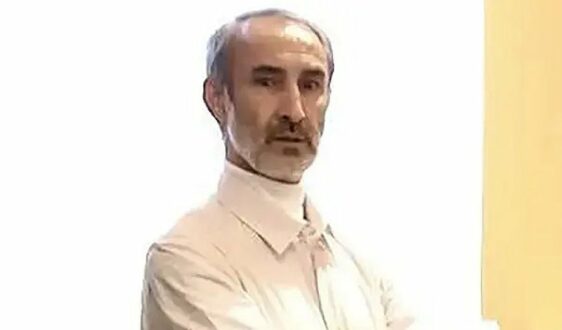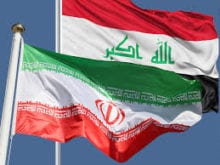RFL/RE – International human rights groups and activists have strongly condemned a prisoner exchange between Sweden and Iran that involved Hamid Nouri, a former Iranian prison official convicted in the Nordic country of crimes against humanity.
Nouri, who was exchanged on June 15 for Swedish nationals Johan Floderus and Saeid Azizi, returned to Iran using his alias “Hamid Abbasi,” a name linked to the executions of political prisoners in 1988.
Upon his arrival in Tehran, Nouri was met with a mixed reception, a reflection on his controversial past and the contentious nature of the swap.
Floderus is a Swedish EU diplomat held in captivity for two years in Iran on espionage charges that he, the EU, and Stockholm said were fabricated. Azizi was arrested in Iran last November on what Sweden has called “wrongful grounds.”
“The Swedish government has thrown dirt into the face of justice in the world by handing over a ‘criminal’ to the Islamic republic,” said Iranian lawyer and Nobel Peace Prize laureate Shirin Ebadi, noting Nouri’s conviction for gross violations of international humanitarian laws.
“This disgrace and scandal will never be forgotten,” Ebadi added.
Swedish prosecutors originally detained Nouri in 2019, basing their case on the principle of universal jurisdiction, which allows for the prosecution of severe crimes irrespective of location.
After a detailed and lengthy trial, Nouri was sentenced in May 2022 to life imprisonment for his role in the massacre of political prisoners during the summer of 1988.
Iran has arrested dozens of foreign and dual nationals in recent years on espionage charges that they and their governments say are groundless. Critics say Tehran uses such arbitrary detentions as part of hostage diplomacy to extract concessions from Western countries, which Tehran denies.
“The Islamic republic will take more innocent foreign and dual nationals hostage, repress people at home, and terrorize those abroad,” actress and activist Nazanin Boniadi said.
“The international community needs a new approach. One that deters, not appeases the regime.”
Esmat Vatanparast, who lost 11 members of her extended family during the 1988 mass executions — including her two daughters and three brothers — told RFE/RL’s Radio Farda that “my heart broke today, tears came to my eyes, but I remain hopeful for the people of Iran” after hearing of the exchange.SEE ALSO:’A Symbol Of Murder Gone’: Families Of Victims Of Mass Executions Express Relief After Iranian President’s Death
The exchange was also criticized for failing to include Ahmadreza Djalali, an Iranian-Swedish researcher who has been imprisoned in Iran since 2016.
Vida Mehrannia, Djalali’s wife, expressed her dismay, announcing plans to protest in front of the Swedish Foreign Ministry against the exchange, which she labeled “shameful.”
 Shabtabnews In this dark night, I have lost my way – Arise from a corner, oh you the star of guidance.
Shabtabnews In this dark night, I have lost my way – Arise from a corner, oh you the star of guidance.



